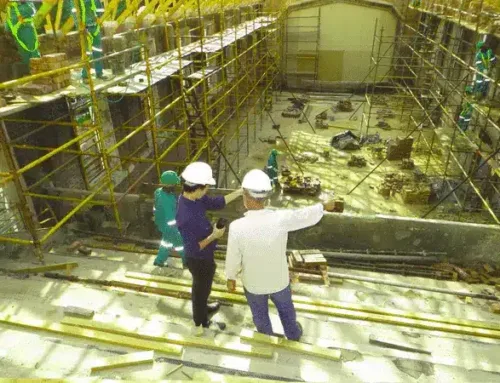Many real estate and legal professionals involved with land projects are familiar with an ALTA/NSPS land title survey. The organizations established new standards for these surveys in February 2016, but not all clients of ALTA surveys are familiar with the educational, professional and licensing requirements for the surveyors who perform the surveys. The course work, internship process and licensing procedures required to become a professional surveyor qualified to perform an ALTA survey are quite rigorous.
Although there are some interstate variations in terms of the specific educational requirements, individuals who hope to take the NCEES (National Council of Examiners for Engineering and Surveying) fundamentals exam must complete a four-year, or in some cases a two-year, curriculum culminating in a B.S. degree that is comprised of relevant coursework approved for licensure.
After passing the fundamentals exam, a professional surveyor candidate must serve a four-year internship prior to becoming qualified to take the principles and practices exam.
Progress and classification
After passing the fundamentals exam,the industry refers to a fledgling surveyor as either a surveyor intern or a surveyor-in-training. People in this category are not permitted to perform the services of a licensed surveyor. Only individuals who also complete their internships and pass the principles and practices exam may perform an ALTA survey.
Credentials
When contracting for an ALTA survey, it is essential to confirm the credentials of the surveyor who will be performing the work prior to the beginning of the assignment. The exact nomenclature for surveyors varies depending on the state. Some common titles include:
- Registered Professional Surveyor
- Registered Professional Land Surveyor
- Professional Surveyor
- Professional Land Surveyor
Each state also has its own regulations pertaining to surveyor qualifications, so it is important to corroborate that the surveyor being hired also conform to state laws. After gaining a license, surveyors must also adhere to continuing education requirements. Advancements in technology and equipment have made this more important than ever.






